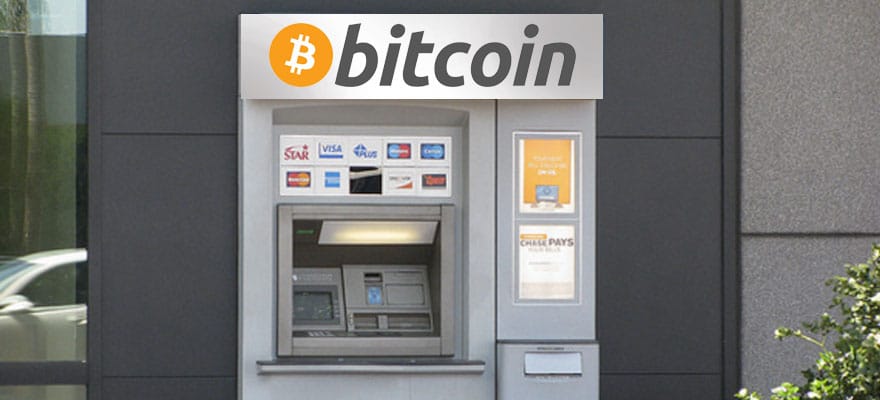Canadian authorities in the city of Vancouver are slowly turning against Bitcoin ATMs as Kennedy Stewart, the city’s mayor, recently proposed a city-wide ban on such machines.
According to a report by the Vancouver paper The Star, the proposal came after the city police’s remarked that a Bitcoin ATM is “an ideal Money Laundering vehicle.”
Vancouver is the first city to have a Bitcoin ATM, with the first machine having been installed in 2013 at a coffee shop in the city. According to Coinatmradar.com, there are 76 Bitcoin ATMs right now in the city, however, unlike other money-service businesses, none of them are covered by federal anti-money laundering regulations.
Prior to Stewart's recent comments, the police department had already targeted the city’s Bitcoin ATM establishment twice over the years.
A steep rise in crypto-related crimes
In a February 2019 report, Sergeant Alvin Shum of the Vancouver Police Department wrote: “Given the lack of a central authority, there is no controlling organization who can monitor or regulate the transfer of funds to ensure a legitimate transaction. This creates a prime opportunity for the criminal element to capitalize on remaining anonymous, as they work to defraud unsuspecting citizens, launder money, and make large-sum anonymous transactions.”
Shum’s conclusion was based on the rising trends of crypto-related crimes in the Canadian city. Crypto crimes increased 350 percent from 2016 to 2017, and in 2019, the police already registered 840 cases - a 300 percent increase compared to the figures of 2018.
However, crypto businesses are bullish on the industry as after publishing the February 2019 report, 15 new Bitcoin ATMs opened up in the city.
The crypto ATMs across the city also lack standardization. In some machines, mobile verification is required for withdrawals above $1,000, whereas for others the limit is $3,000.
Earlier this year, the city council suggested a bylaw to “regulate the use and operation of cryptocurrency ATMs, including the requirement for a business license, requirement for signage to advertise common frauds, requirement for identifications to be used to verify the sender and receiver of funds and requirement of security features.”


















